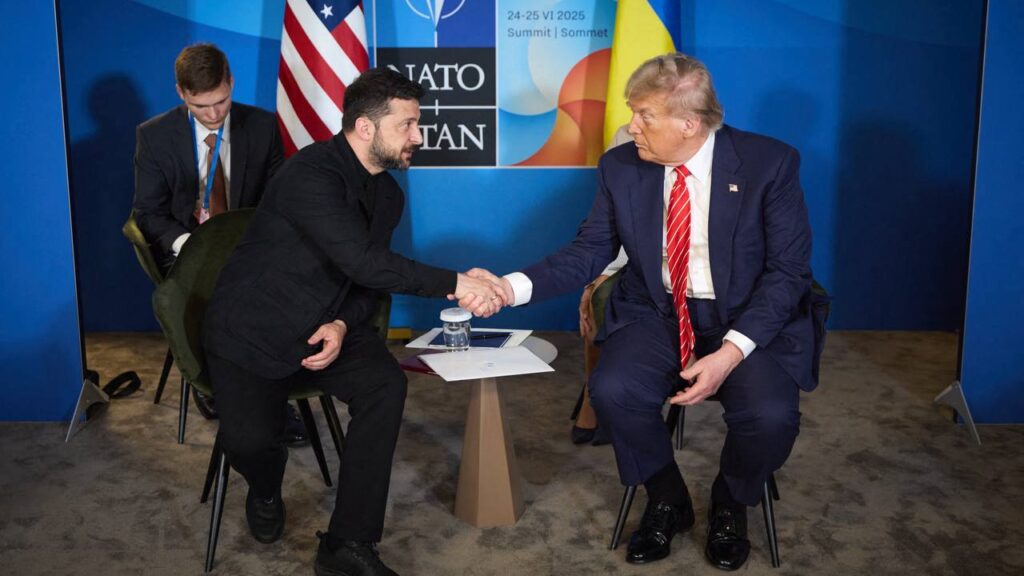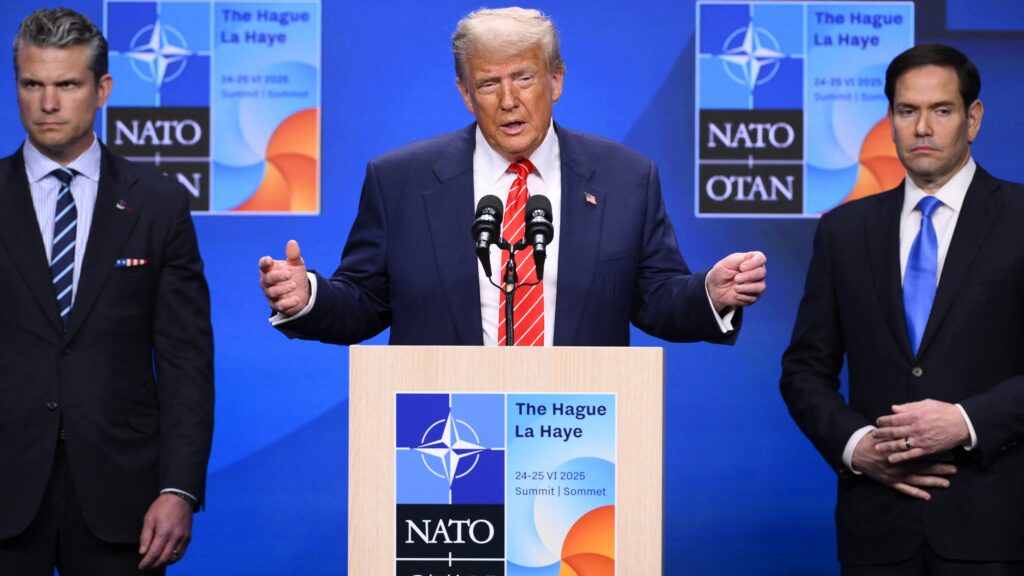A few days ago, Ukrainian Minister for Youth and Sport Vadym Gutzeit renewed a threat to boycott next year’s Olympic Games if Russian and Belarusian athletes are allowed to compete. The news about Kyiv’s announcement spread like wildfire and many countries also started considering joining the potential boycott. Unsurprisingly, among the countries most supportive of the planned move are the Baltic nations, Poland, and some Western European countries. While so far no country has officially announced a boycott, Ukraine and the Baltic states are actively lobbying the International Olympic Committee (IOC) to introduce a blanket ban on all Russian and Belarusian athletes. Kyiv has also not yet commit itself to boycotting the international sport competition, as the responsible ministry merely approved a plan to convince other countries not to send athletes to Paris unless Russians are barred from attending. Ukraine is likely to carry out its threat as it has already boycotted sports events during the summer just not to compete against Russian athletes. Poland claimed that up to 40 countries could join the boycott, which would render the Paris Olympics ‘pointless’ unless the IOC bans Russian athletes. Estonian Prime Minister Kaja Kallas even took to Twitter to chastise the IOC for not having bowed to the mounting pressure—at least so far.
Disappointed by @Olympics decision to allow Russian and Belarusian athletes to attend 2024 Paris games. Politically and morally wrong – time to strengthen isolation, not give in to Russia. Sport is a tool in Russia’s propaganda machine, ignoring that means siding with aggression. https://t.co/MkNmAL7cIW
— Kaja Kallas (@kajakallas) January 28, 2023
Naturally, the IOC is bound—or so it should be—by the Olympic Charter that specifies that: ‘The goal of Olympism is
to place sport at the service of the harmonious development of humankind, with a view to promoting a peaceful society concerned with the preservation of human dignity.’
At the time of writing this article, the International Olympic Committee has made a decision that Russian and Belarusian athletes can compete only under a neutral flag. Sportsmen are neither allowed to wear national symbols nor will the national anthems of these two countries be played should their athletes win a medal. Fair enough. At the same time, the IOC, rightly, argues that excluding Russian and Belarusian athletes based on their citizenship would be discriminatory. In its reply to criticism, defending its position, the IOC also referred to the UN Human Rights Council that stated: ‘We understand the desire to support Ukrainian athletes and the Ukrainian Olympic community, who suffer terribly from the war, together with all other Ukrainians. But the Olympic Committee and more widely the Olympic community have also the compelling obligation to abide by the Olympic Charter, and more widely international human rights norms prohibiting discrimination.’
As a matter if fact, two special rapporteurs of the UN Human Rights Council have sent a letter to the IOC, expressing ‘serious concerns’ about the possible discrimination of Russian athletes and officials.
The ongoing consultations of the IOC are addressing the letter from two special rapporteurs of the UN Human Rights Council who have expressed their “serious concerns” about the current IOC recommendations. The letter: https://t.co/dqqNTpz8kG pic.twitter.com/Bfr1djfXMS
— IOC MEDIA (@iocmedia) January 29, 2023
If the boycott is unsuccessful, Paris will be the fourth Olympic Games in a row where Russians compete under a neutral flag. At the 2018 Winter, 2021 Summer and 2022 Winter Olympics the Russian flag and the national anthem were disallowed due to the doping scandals that Russian athletes were embroiled in.
Interestingly, the Ukrainian Minister for Youth and Sport Vadym Gutzeit, who also heads his country’s Olympic Committee, was on the same men’s sabre team at the 1992 Olympics as Stanislav Pozdnyakov, who currently serves as the President of the Russian Olympic Committee. It is also worth remembering that at the 1992 Summer and Winter Olympics, 12 of 15 successor states of the Soviet Union competed together under the Unified Team. The two sportsmen who now serve as sports-related policy makers in their respective countries were two out of five athletes on that team. The fact that these two politicians know each other well and once competed shoulder to shoulder highlights the long-standing personal connections between Russia and Ukraine that have now been shattered by the war.
The fierce cries for banning all Russian competitors seem to be quite over the top.
The 40 countries that are now considering boycotting the Paris Olympic Games are mostly Western countries, states that are supposedly championing a liberal world order, which heavily relies on the respect for human rights. They perhaps need a reminder that, as outlined by the UN Human Rights Council, banning individuals from competing merely on the basis of their citizenship is irreconcilable with human rights. Article 2 of the UN’s Universal Declaration of Human Rights states: ‘Everyone is entitled to all the rights and freedoms set forth in this Declaration, without distinction of any kind, such as race, colour, sex, language, religion, political or other opinion, national or social origin, property, birth or other status. Furthermore, no distinction shall be made on the basis of the political, jurisdictional or international status of the country or territory to which a person belongs…’, while Article 7 states that ‘All are entitled to equal protection against any discrimination in violation of this Declaration and against any incitement to such discrimination.’
If the countries that are now vocally urging the exclusion of Russians from the Games indeed honoured and championed human rights, they would not be considering and encourage the discrimination of individuals based on their citizenship. Russia, which is undoubtedly the wrongdoing state, is already being penalised by having its flag and anthem removed from the competition. Individual athletes, on the other hand, who had no say in whether Russia would go to war, should not be punished for the actions of the state they happen to have been born in, as they clearly had little to no agency in the invasion of Ukraine.
It is not only the push for banning Russian athletes that is regrettable, but the threat to boycott the Olympic Games as well. Czechia, a country that recently ruled out boycotting the Paris Olympics, stated that Prague ‘will not punish Czech athletes for the Russian aggression.’ Czechia (then Czechoslovakia) participated in the Soviet-led boycott of the 1984 Los Angeles games, for which the country apologised to its athletes in 2014. Not being allowed to compete due to the politics of the day is an enormous loss for athletes who tirelessly prepare for the international sports event for years, irrespective of the political situation. Athletes who started to prepare for the Olympics years before the war even started should not be penalised for what politicians ultimately decide above their heads.








